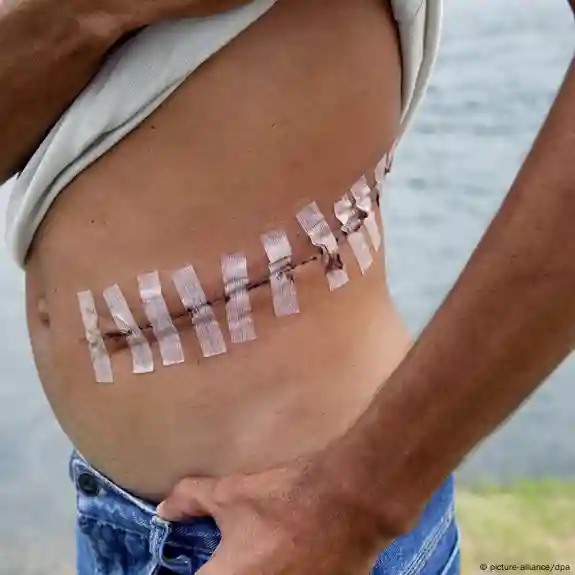By Clarion Call Care,Tokunbo2
Copyright thesun

From Isaac Anumihe, Abuja
A professor of medicine, Bayero University, Kano and consultant nephrologist, Aminu Kano Teaching Hospital, Kano, Aliyu Abdu, has disclosed that the major reason Nigerians sell their kidneys to survive is poverty.
Speaking at a seminar on Dissemination of the 2025 Standards and Guidelines for Establishing and Co-ordinating Organ/Tissue Transplantation, organised by Clarion Call Care Foundation, in partnership with the National Tertiary Health Institutions Standards Committee of Nigeria, Abdu emphasised that organ trafficking flourishes for a variety of reasons, including poverty, inequality, unethical medical practices and enforcement.
Others are lack of regulation and enforcement of medical ethics with unconscionable medical practitioners as facilitators as well as lack of alternative sources of organs such as cadaveric donations and the presence of organ banks.
“Victims are mostly impoverished people who are easily influenced by financial incentives and ignorant of the possible risks involved,” he said.
Regrettably, he said, most of the organ donors are left without proper care or financial compensation after the procedure is completed, leaving them depressed.
Most of these illegal and clandestine transplants, he stated, are performed by private clinics with lack of basic facilities.
“They are private clinics with lack of the most basic facilities where such clandestine transplants are performed by unscrupulous health practitioners.
“Patients are hospitalised for a short period of time to lessen the costs and increase the profits hence the donor and recipient work is often incomplete,” the nephrologist said.
According to him, recipients have higher incidence of acute rejection, severe infections, complications and malignancy; high incidence of surgical complications.
“Cases of transmission of infections through transplanted organs have been reported both in India and abroad. There was a reported 1.18 incidences of HIV infection in Arab recipients who underwent paid donor transplants in Bombay.
“Donors usually have psychological issues of post-donations beginning with regrets and even depression.
“While selling organs is illegal, donors are permitted to be reimbursed for non-medical cost related to the donation such as travel, lodging and lost wages.
“The living donor protection act passed by US and proposed nationally aims to protect donors by preventing insurance companies from denying them limiting life disability and long-term care insurance coverage based on a person’s status,” Abdu said.
It was reported that a total of 10,000 kidneys are sold in the black market globally daily while about 651 kidneys worth over $41 billion were trafficked and transplanted illegally in Nigeria between 2015 and 2020.



